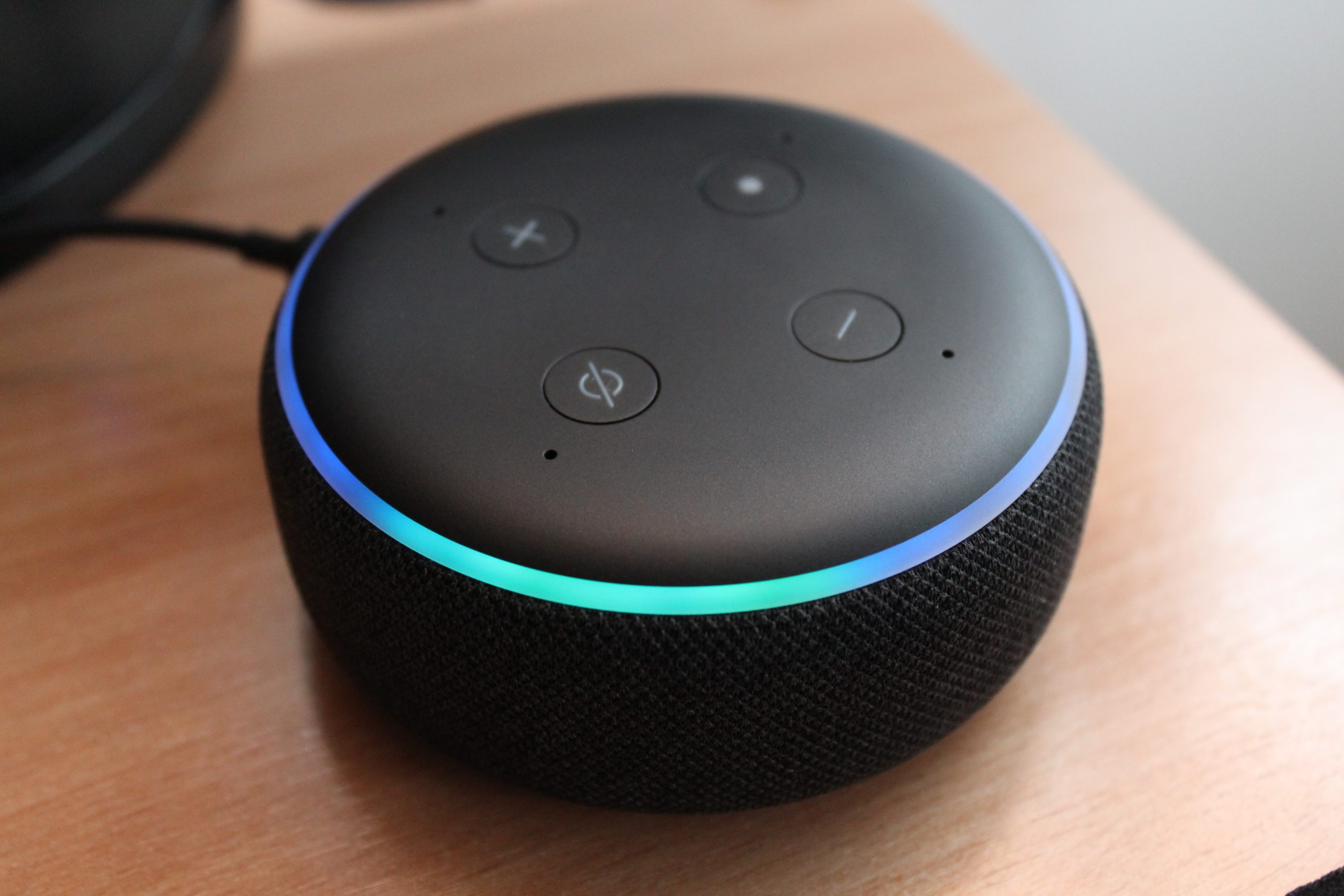Why you shouldn’t charge your phone overnight
2 min read
Charging your phone overnight may sound relaxing, but doing so can negatively affect your device’s battery life in the long run.
Android and Apple manufacturers do not recommend leaving your phone connected to a charger for long periods of time or overnight. Instead, they recommend keeping battery levels between 30 and 70% to extend battery life.
iPhones offer an improved battery charging setting that keeps the charge below 80%.
Smartphones are primarily powered by lithium-ion batteries, which degrade over time due to the movement of charge carriers between the electrodes. This process stresses the battery components and reduces their efficiency.
Battery stress increases when trying to charge the last percentage points. Kevin Purdy of iFixit explains this using a sponge metaphor, whereby forcing a nearly saturated sponge to absorb more liquid requires pressure, causing pooling on the surface. This “buildup” represents the buildup of a solid electrolyte interface (SEI) in the battery, reducing its total capacity.
This idea supports Huawei’s advice to keep the battery between 30 and 70% rather than aiming for a full 100% charge. Likewise, avoiding discharging the battery to 0% will reduce stress on the electrodes and extend battery life.
Additionally, overnight chargers can pose health and safety risks if not placed properly. Charging often causes the device to overheat, and flammable surfaces can become dangerous if it malfunctions.
Paul Shaw, Head of Fire Investigation for Staffordshire Fire Rescue, warns against placing phones under pillows or carrying them in bed because of the risk of heat escape. It is advised to charge devices on wooden countertops or side tables, as the battery will not generate enough heat to cause damage in those cases.

“Musicaholic. Thinker. Extreme travel trailblazer. Communicator. Total creator. Twitter enthusiast.”








